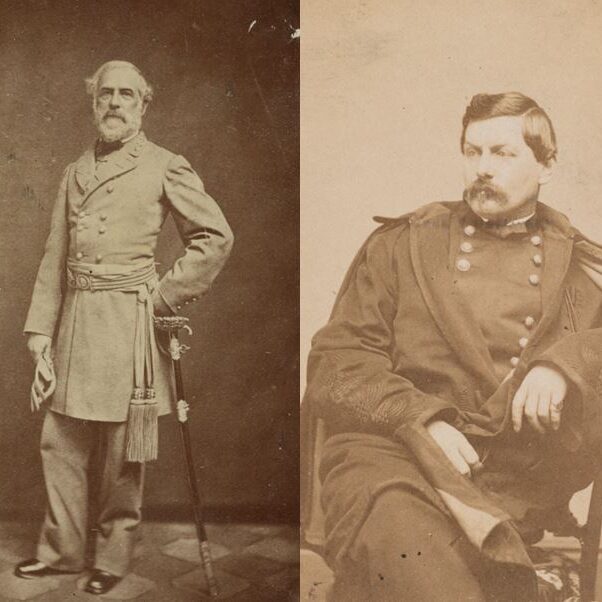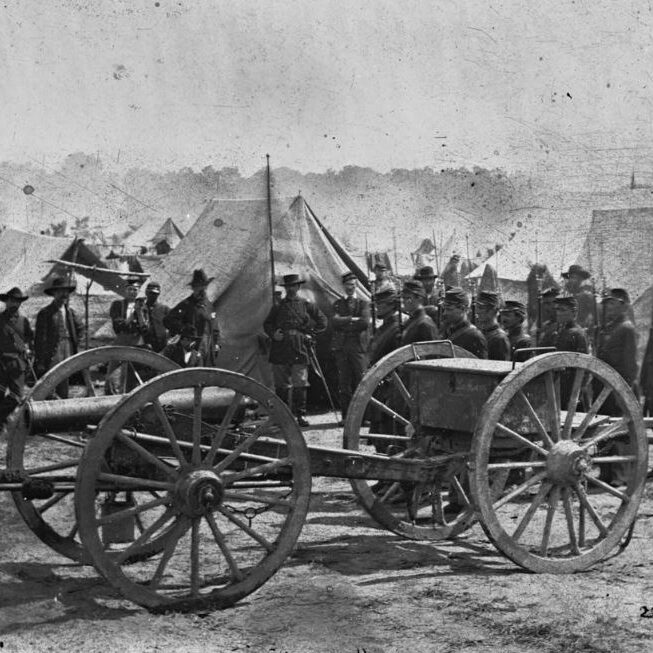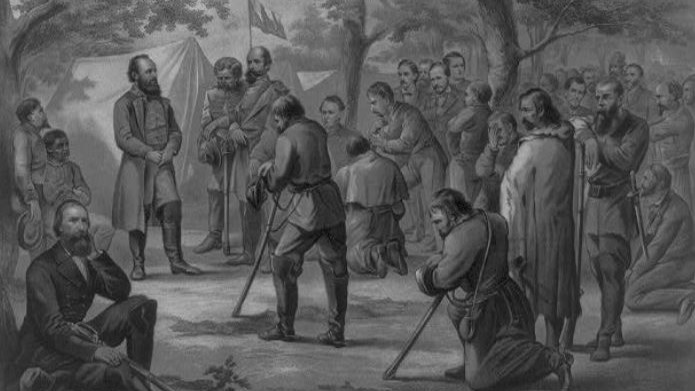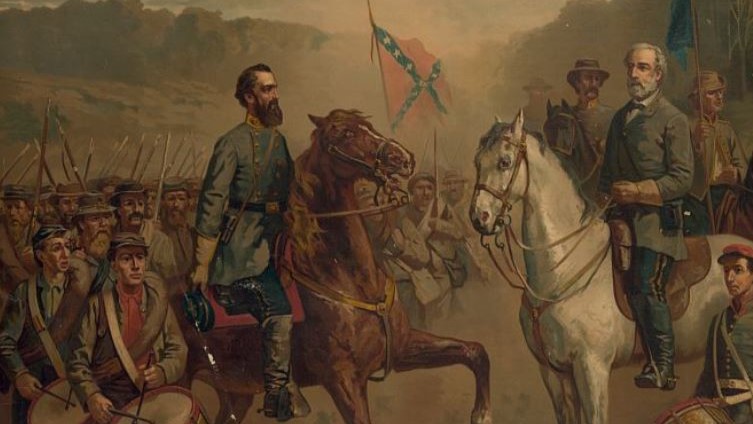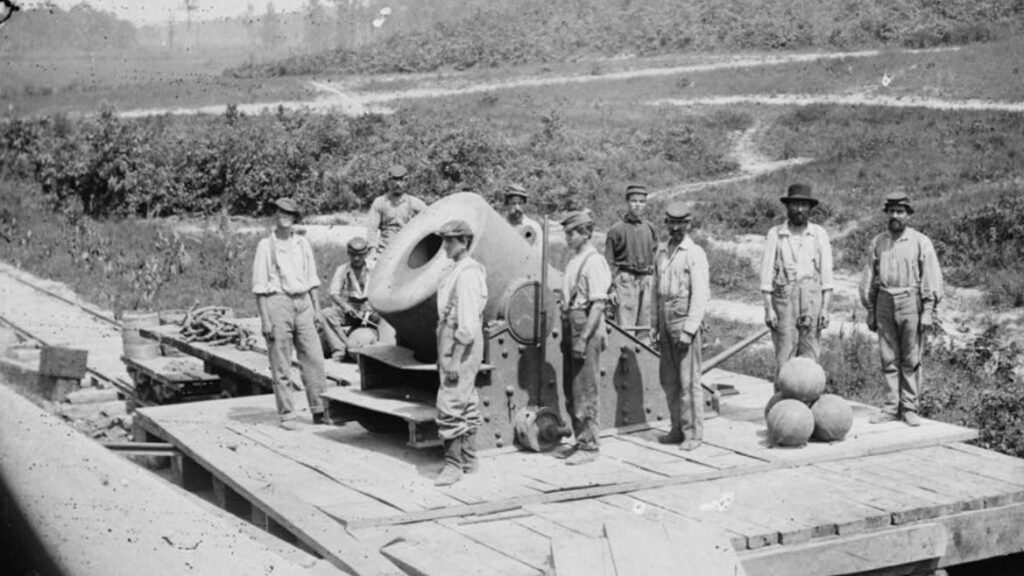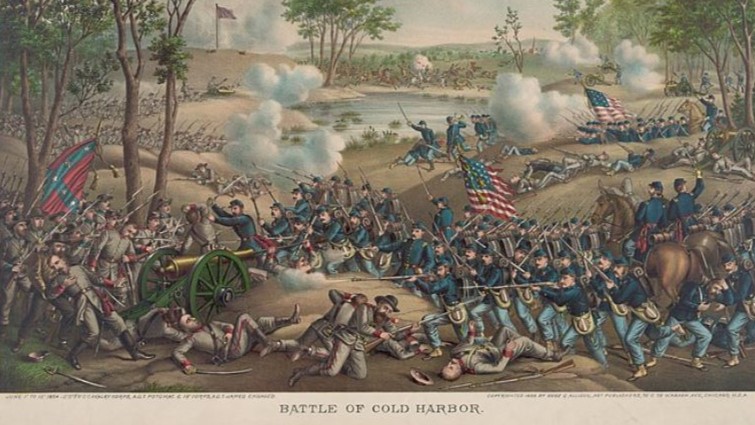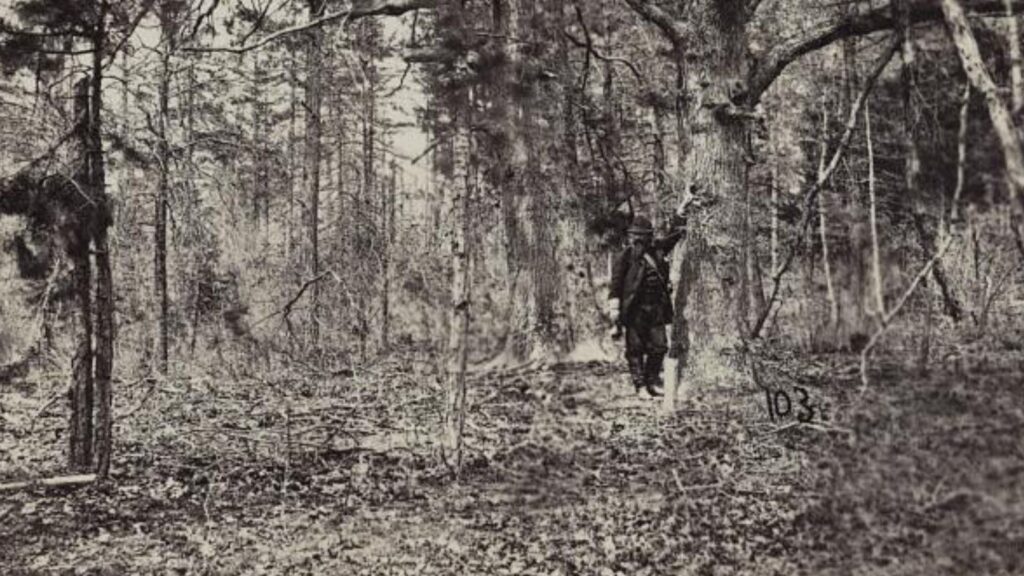Robert E. Lee vs. George McClellan was a great rivalry during the American Civil War.
Robert E. Lee, a son of Virginia, is revered for his strategic brilliance, leading the Confederate forces with a mix of audacity and tactical ingenuity. In contrast, George B. McClellan, commander of the Union’s Army of the Potomac, is often portrayed as an overly cautious general who squandered opportunities.
While Lee’s legend has only grown, McClellan’s reputation remains a subject of debate. Their contrasting leadership styles, decision-making, and public perception created an iconic rivalry that shaped the trajectory of the bloody conflict.
In this article, we explore this rivalry between these two legendry generals.
1. Robert E. Lee and George McClellan – The Battles Fought
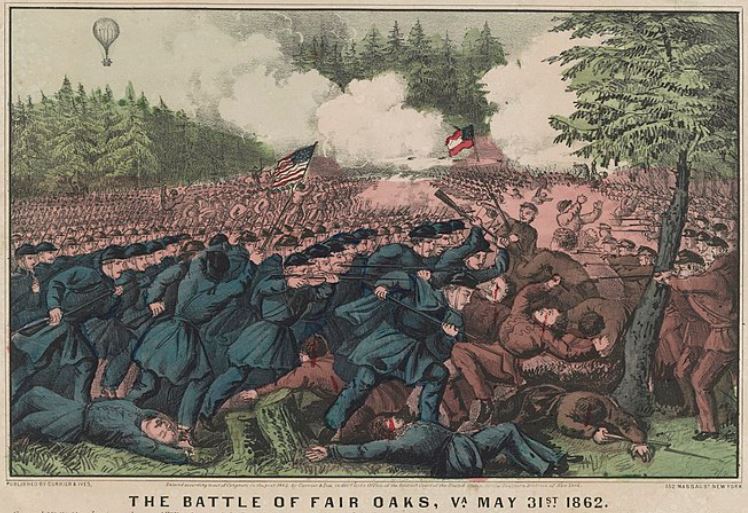
The campaigns of 1862 witnessed multiple clashes between the forces led by Confederate icon Robert E. Lee and Union commander George B. McClellan. These included:
| Battle Name | Campaign | Victor | Union Casualties | Confederate Casualties |
|---|---|---|---|---|
| Siege of Yorktown (April 5 – May 4, 1862) | Peninsula Campaign | Inconclusive, but with a Confederate withdrawal | 182 | 300 |
| Battle of Williamsburg (May 5, 1862) | Peninsula Campaign | Inconclusive, but with a Confederate withdrawal | 2,283 | 1,682 |
| Battle of Eltham’s Landing (May 7, 1862) | Peninsula Campaign | Inconclusive | 194 | 49 |
| Battle of Hanover Court House (May 27, 1862) | Peninsula Campaign | Union | 397 | 930 |
| Battle of Fair Oaks (May 31 – June 1, 1862) | Peninsula Campaign | Inconclusive | 5,431 | 6,134 |
| Battle of Oak Grove (June 25, 1862) | Seven Days Battles | Inconclusive | 626 | 421 |
| Battle of Beaver Dam Creek (June 26, 1862) | Seven Days Battles | Union | 361 | 1,484 |
| Battle of Gaines’ Mill (Battle of Chickahominy River) (June 27, 1862) | Seven Days Battles | Confederate | 7,337 | 7,993 |
| Battle of Savage’s Station (June 29, 1862) | Seven Days Battles | Inconclusive | 1,038 | 473 |
| Battle of Glendale (June 30, 1862) | Seven Days Battles | Inconclusive | 3,797 | 3,673 |
| Battle of Malvern Hill (July 1, 1862) | Seven Days Battles | Union | 3,007 | 5,650 |
| Battle of South Mountain (September 14, 1862) | Maryland Campaign | Union | 2,325 | 2,685 |
| Battle of Antietam (September 17, 1862) | Maryland Campaign | Inconclusive, but Confederate withdrawal | 12,410 | 10,337 |
2. Robert E. Lee and George B. McClellan: Shared Traits and Mutual Respect
History often paints a one-sided picture of the American Civil War, portraying Robert E. Lee as the brilliant military strategist and George B. McClellan as his cautious, even timid, counterpart.
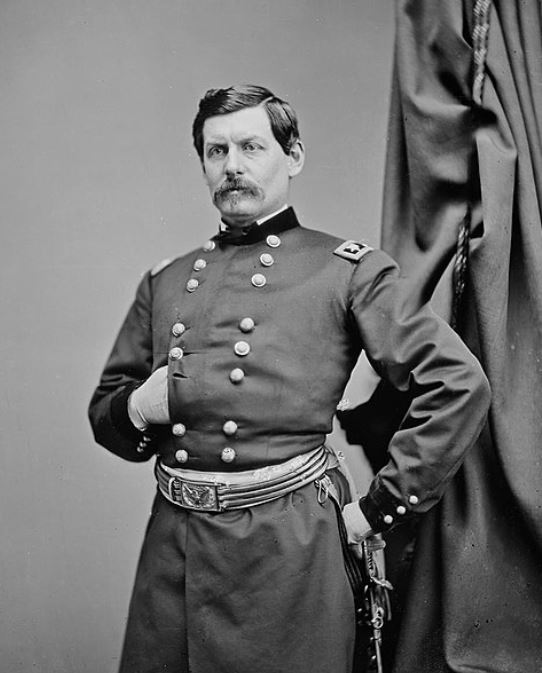
However, a deeper look reveals a surprising undercurrent – a grudging respect between these two commanding figures.
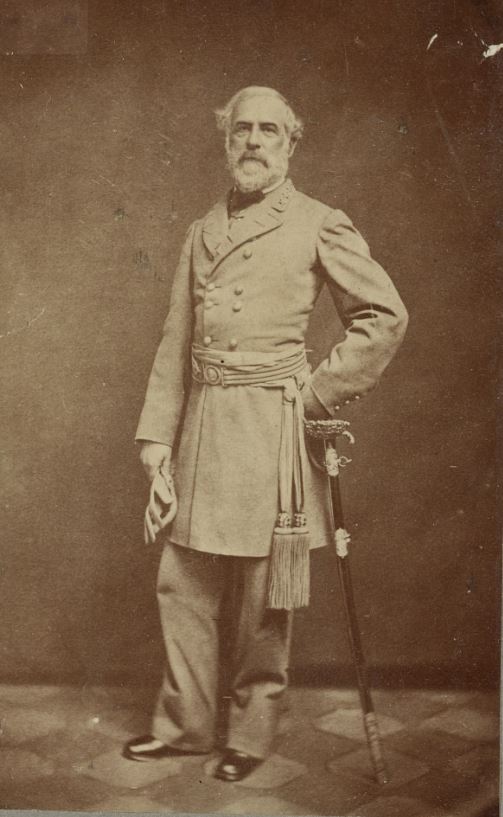
Shared Roots, Shared Strategies
Both Lee and McClellan hailed from the prestigious United States Military Academy at West Point.
Their experience in the engineering corps instilled in them a methodical approach to warfare, emphasizing strategic planning and fortification over impulsive maneuvers. This common background allowed them to anticipate each other’s tactics to a certain degree.
A Commitment to Civility in War
While leading opposing armies, Lee and McClellan shared an uncommon concern for minimizing civilian casualties.
This was evident in their adherence to specific protocols during the conflict.
They established channels for prisoner exchange and ensured the humane treatment of medical personnel left behind to care for the wounded. This mutual respect for the boundaries of civilized conduct helped prevent further unnecessary suffering.
Understanding the Enemy’s Mind
Their similar military education fostered a degree of mutual understanding between the two generals. They could anticipate each other’s strategic thinking to an extent, allowing for calculated maneuvers and informed responses. Lee, for instance, acknowledged McClellan’s skill in leveraging his superior numbers and artillery during the Peninsula Campaign.
3. Lee’s View of McClellan as a General
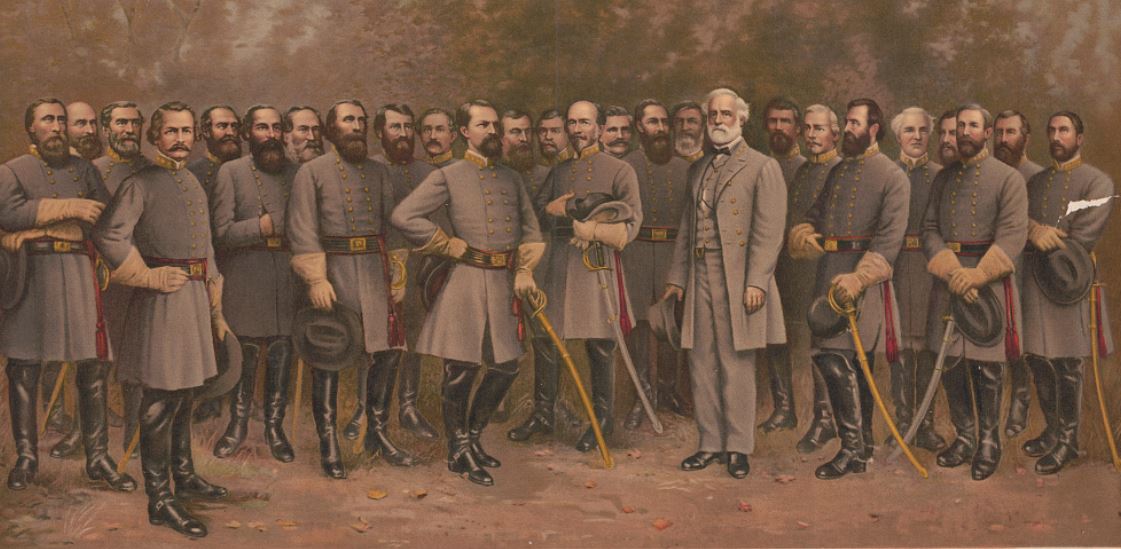
While the previous section highlighted the underlying respect between Lee and McClellan, a deeper dive reveals Lee’s surprising acknowledgment of McClellan’s strengths as a military leader.
A Worthy Adversary: McClellan’s Tactical Acumen
Lee, a master of battlefield strategy himself, recognized McClellan’s tactical competence. He observed McClellan’s ability to effectively leverage his army’s advantages. The Union forces held superior numbers and a stronger artillery corps. McClellan strategically utilized this edge, forcing Lee to constantly adapt his own tactics.
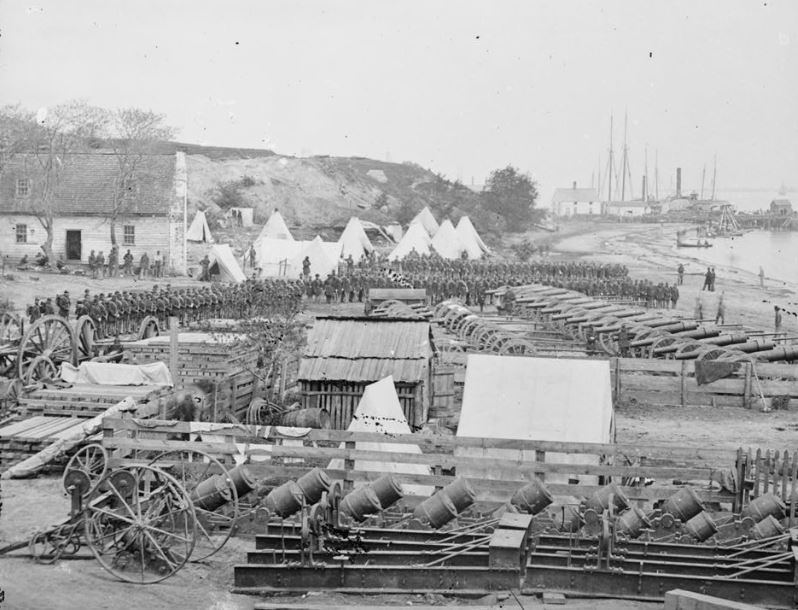
For instance, during the Peninsula Campaign, McClellan employed his powerful artillery to bombard Confederate positions, inflicting significant damage. Lee, acknowledging this threat, adapted his defensive strategies to minimize casualties.
McClellan’s cautious approach, while strategically frustrating for the Confederacy, presented a significant challenge. Lee, faced with a competent opponent who wasn’t easily outsmarted, was forced to continually hone his own skills and develop innovative tactics.
Lee, known for his aggressive tactics, was forced to adapt and refine his strategies to counter McClellan’s calculated moves. This reciprocal respect fueled an intense military rivalry that pushed both commanders on the battlefield.
The “Battle of Posts”: A Cautious but Predictable Approach
However, Lee wasn’t entirely impressed with McClellan’s overall strategy.
He referred to McClellan’s preferred approach as the “Battle of Posts”. This involved heavily fortifying positions and engaging in attritional warfare rather than seeking decisive battlefield victories.
While Lee found this approach strategically cautious and resulted in a slower pace of the war, it also offered a degree of predictability in McClellan’s movements.
Lee could anticipate the Union army’s focus on fortifying specific locations, allowing him to concentrate his forces and exploit potential weaknesses in their defenses.
Further Reading
If you enjoyed this article, you may be interested to read more about the American Civil War events, or perhaps read more about the bloodiest battles of the Civil War or the more about Virginia in the Civil War. Read here for more general American history.

